How is it that we’ve become to know our way around the absurd, hectic and outrageously diverse urban jungle, yet when it comes to living in the woods for a day, we get a panic attack at the mere thought?
If you think about it, we are all masters of surviving- every moment we do it so well! From managing our expenses to planning the next big party- we constantly obey such strange laws and rules. So why not take a step back and analyze surviving in the wild from a positive point of view? After all, it couldn’t possibly be as complicated as city life!
[adsenseyu2]
Let’s start by humbly admitting that getting lost in the forest is not something you crave for, nor would it be the wisest thing you’ve ever done. So let’s see how we can get around it, as elegantly as possible. Here are 10 surviving tips that should help in case you ever get lost in the woods.
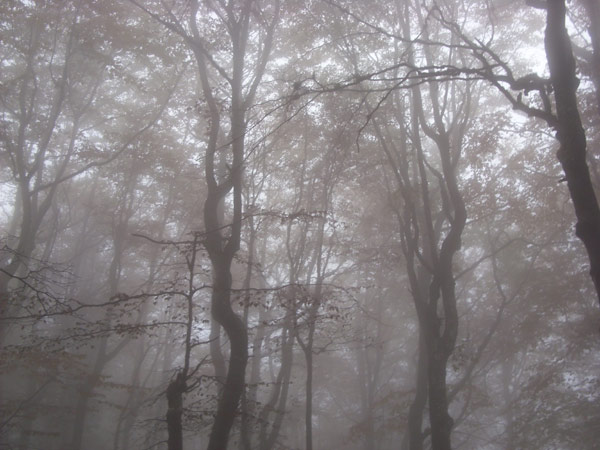
#1. Research and Planing
Let’s say you’ve decided to go hiking, trekking or indulge in other wilderness recreation. Unless you know from a reliable source that the pathway you are about to go on is straight and well marked, start gathering as many information as you can about your itinerary- chances are it is not as easy as you initially consider it. Do a google search, read travel forums and hiking diaries. Ask around, maybe some of your friends already know the area. If you are planning on staying more than four days, chances are you will run out of food and water, so get to know the flora, fauna and water resources of the region. And last but not least, print a good map and take it along.
#2. Let people know where you’re going and for how long
This is a must. In case of on emergency, it is good to know someone is likely to push the alarm button and begin a rescue process. If you have your doubts about this “tip”, just read about the inspirational case of Aron Ralston or watch the movie 127 hours.
#3. Do some research about survival gear and take some important items along
If you are going hiking, be sure to pack a whistle, a compass, a good knife, some matches (wrapped in a waterproof material), some cord, a compass, a good sleeping bag, thick clothes, hiking shoes that are waterproof and have a good traction. And plenty of drinkable water. Here is a good article on what to pack, depending on your type of trip.If you lack something, you can always improvise. It is also wise to learn how to use all these items before going hiking. Since you cellphone will probably lack signal on your adventurous itinerary, we also ran into the The SPOT Satellite GPS Messenger unit, an interesting device that can send emergency messages “under the harshest environments, temperature, altitude, humidity, corrosion, vibration, waterproof, and buoyant“.
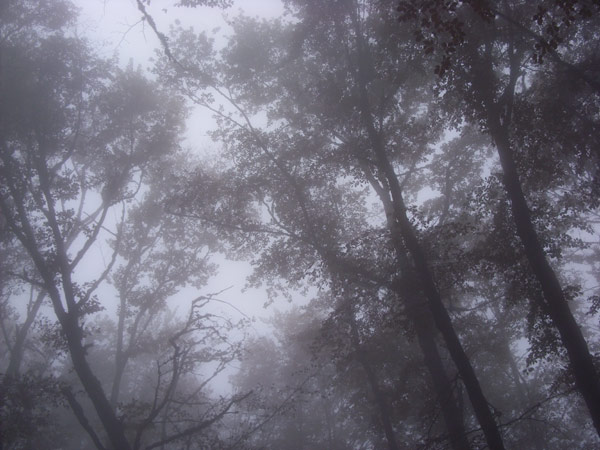
Ok, so you get lost in the forest. What now?
#4. Keep calm and signal your location… if you can
Many argue that the most important tool you have on you while hiking has nothing to do with your backpack gear- it is your mind. Panic will only lead to inner chaos and you don’t want that to mess with your witty plan to get back safely to civilization. Once you realize you are lost, let someone know via phone or GPS Messenger.
#5. Start discovering the area, but keep track of your “point zero”
People usually forget that staying in one place is very important, as it increases your chances of being found. So you should mark it somehow (bunch of rocks put together or a stack of tree branches) and start scouting the area, returning to the initial spot at regular time periods.
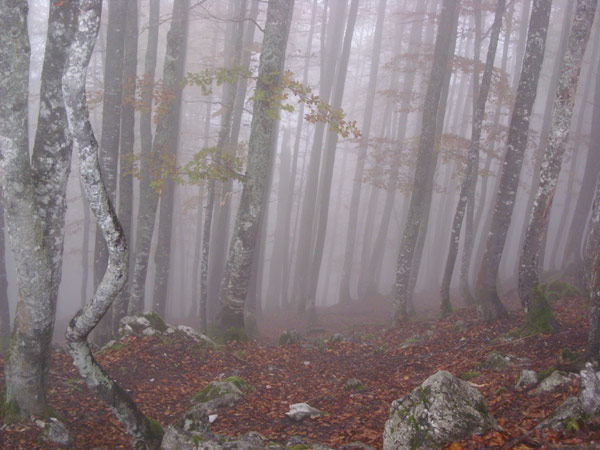
#6. Find a source of water and try to purify it.
Always remember then in your camping trips, water is the most important asset you have. People can survive weeks without food, yet just three days maximum without water, so treasure it the best way you can, save it the best way you can. The best and most reliable source is a spring, but chances of finding one are not so great. In desperate times you can gather dew off plants in the morning or drink from a running river, risking to get ill, in order to go on living.
A good alternative is to purify water, by heating it (three minutes of heavy boiling will take care of most bacteria), or by placing it in a plastic bottle and then in a sunny environment for six hours (this will only work if the water is not filled with sediments). Here are some more ideas on how to purify water in the outdoors.
#7. If threatened by night fall, build a shelter
If you believe there are chances that you might spend the night in the forest, start making plans for building a shelter in the woods. This will keep you away from extreme warmth or cold, away from rain or snow. First off, look for an existing structure (an old cottage, a stable or a sheepfold- while keeping in mind your point zero). If you can not spot any, find an area as rock-free and root-free as possible. Even though building a shelter in a ditch is usually a good idea, in this particular case, you could be invaded by rain, so no. Find a tree or a rock tall enough for you to use it as the base of your shelter. You can use this somehow as a “roofed bench” or just as a way to keep you safe from rain.
Wood is the most important feature in a forest, so start gathering as much as you can and use your creativity to create a space as isolated as possible. You can use the largest pieces for building the skeletal structure of your shelter. The small ones are very good too- they can be employed in building the fire. Ensure that your ephemeral home is waterproof and windproof by gathering leaves (various windproof clothes or even plastic bags) on top and then blocking them with wooden planks (or substitutes), so they wouldn’t be carried away by the wind. Remember to define your exit and mark it accordingly. Use your ingenuity to come up with a solid, yet easy to maneuver “door”, but keep in mind that you will also need ventilation, so don’t cover the place completely. When it comes to ventilation, you need too piercings: one in the “ceiling” and one in the door.
Here are two examples of good forest shelters (the first one still requires some covering though).
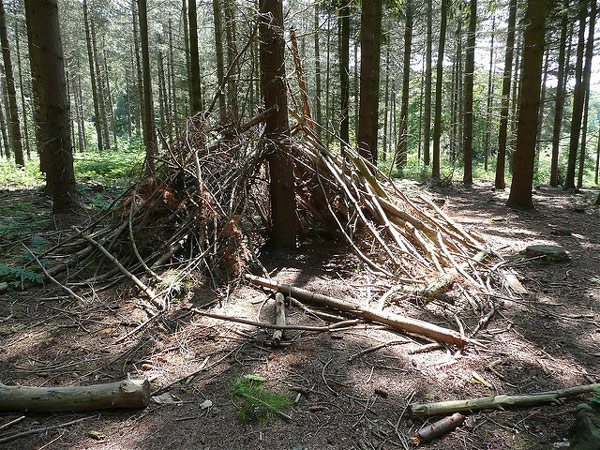

#8. Build a fire
From the moment you realize that you might spend an indefinite amount of time in the woods, start gathering all you can in order to build a fire. This will help you heat up food and drinks, it can dry your clothes, it can signal your location and most important- it will give you a more positive approach on your situation. Remember to always light a fire before dark.
Search for twigs, dry paper, cardboard and anything that can catch fire easily; combine these with larger wooden logs. Start by clearing a circular area and by surrounding it with rocks for insulation. Then add the kindling, tinder and the rest of the wood gradually. Here are step by step instruction on how to build a fire.
#9. Find a reliable source of food
When hiking, be sure to bring along plenty of caloric food. If lost, you can try to find food in the forest, but be sure to only eat safe food, as it is better to be healthy and hungry than ill. As a general rule, cook any insects or small animals you might find. Consider fishing, if there is a good water source nearby. Here is a short guide on Trails.com about finding food in the woods.
#10. Think (positive)!
No matter what the situation, keep your mind clear and stay positive! Sing if you must, scream, but don’t panic and if you can, try to enjoy your escape a bit. Getting lost in the woods may sound terrifying, but with a little precaution, it can be a memorable adventure. Just think of all the story-telling you will do after reaching home safely!
If you have any annotations to this survival guide, please drop by with a relevant comment, advice or thoughts from your own experiences!

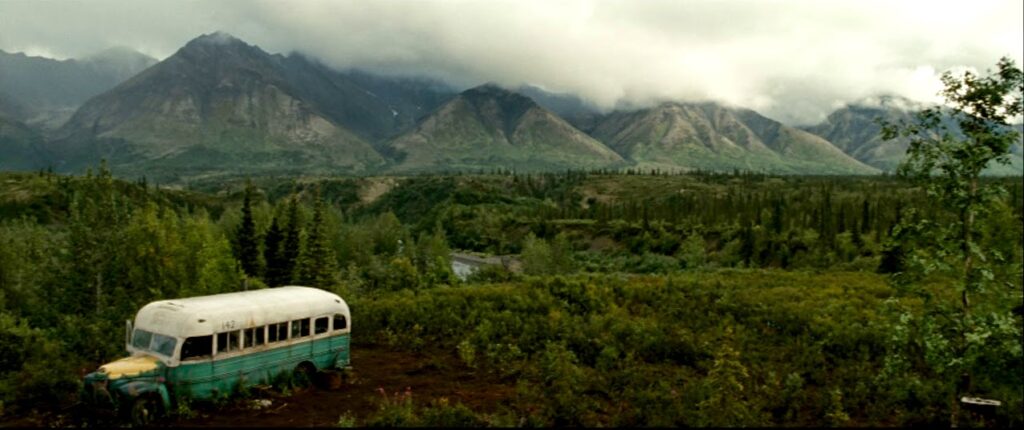
4 Comments
I like the helpful info you provide in your articles. I will bookmark your weblog and check again here frequently. I’m quite sure I’ll learn plenty of new stuff right here! Good luck for the next.
Hello there, just became alert to your blog through Google, and found that it is truly informative. I am gonna watch out for brussels. I’ll be grateful if you continue this in future. Lots of people will be benefited from your writing. Cheers.
Really very nice post. commenting is a very good source of getting backlinks without writing guest posts. I also write many topics on commenting and getting lot of views on those topics. once again thanks for this type of useful post.
Wow, fantastic blog layout! How long have you been blogging for? you made blogging look easy. The overall look of your website is excellent, let alone the content.